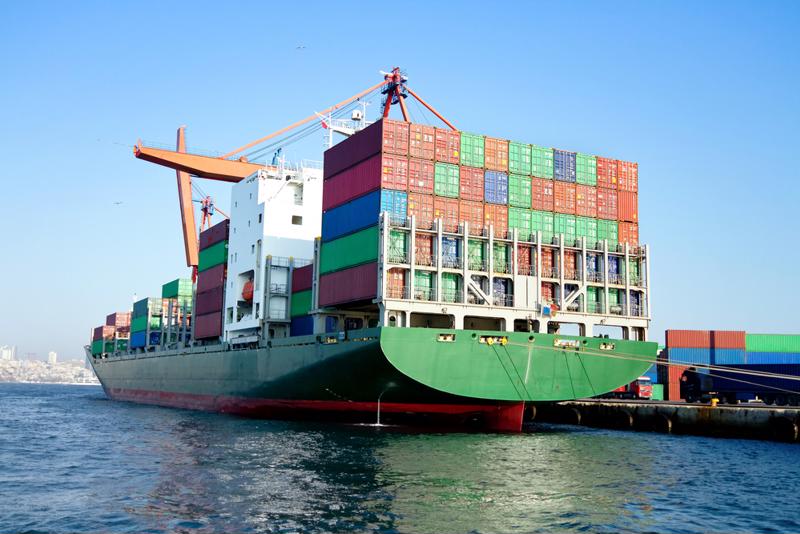The West Coast and East Coast ports may be at the opposite ends of the country, making weather conditions decidedly different for workers and traders when goods are shipped or received. But they also contrast from a standpoint of labor relations, at least according to the newly installed junior senator from Georgia.
At the Georgia Foreign Trade Conference in Sea Island, U.S. Sen. David Purdue noted that West Coast port could learn a lot by observing ports on the East Coast, alluding to the labor impasse that has slowed things down for area terminals for several months.
"The longshoremen, the unions, the management up and down the coast have a great history of working together," said Purdue, who used to head up the Georgia Ports Authority, the Journal of Commerce reported. "Right here in Savannah, the people here representing longshoremen, the people representing the port have a long history of working together, and unfortunately the West Coast doesn't have that same history."
"Contract negotiations between the Pacific Maritime Association and International Longshore and Warehouse Union started last May."
The former CEO of Reebok told JOC.com that it's not like the East Coast hasn't seen its share of trials. However, thanks to the compromises that area workers were willing to make, the problems were sorted out.
"When we had containers stuck in Long Beach years ago when I was in a position of responsibility, that hurt us, that clearly translated into lost sales," he said. "Most of these retailers and manufacturers have a just in time mentality so you throw a delay like that in there and it really shuts things down."
PMA, ILWU share responsibility for dispute
Purdue was quick to point out that there is really no one entity to blame for the labor negotiations kerfuffle, saying that all the parties share some culpability. But if anything is to be done about it, both sides will have to give in on things that they may not want to.
There have been some advancements in the standoff. The Pacific Maritime Association (PMA) and International Longshore and Warehouse Union (ILWU) reached a tentative agreement on Jan. 26 that will repair many of the trailers that are needed to move cargo containers in California.
"The hope is that talks will now progress more quickly and that a coast-wide contract can be reached," PMA spokesman Steve Getzug said, according to the Long Beach Press Telegram.
 The ongoing trade dispute between the ILWU and PMA has led to congestion issues at West Coast ports.
The ongoing trade dispute between the ILWU and PMA has led to congestion issues at West Coast ports.Nine months since contract negotiations began, the talks have descended to a lot of finger pointing between the PMA and ILWU. The PMA says that workers for the ILWU are responsible for exacerbating congestion issues by intentionally supplying port areas with a low number of workers.
"Unfortunately, it appears the Union's motivation is to continue slowdowns in an attempt to gain leverage in the bargaining," PMA spokesman Getzug said in a recent statement. "The ILWU slowdowns and the resulting operational environment are no longer sustainable."
Meanwhile, the ILWU says the slowdowns have been self-inflicted, after the PMA decided to eliminate night shifts at many port locations. Bob McEllrath, ILWU president, said longshore workers are "ready, willing and able" to clear out the backlog that's developed which has created the congestion issues, but it's the PMA that's responsible for the gridlock.
"The employer is making nonsensical moves like cutting back on shifts at a critical time …. in an attempt to turn public opinion against workers," said McElrath. This creates an incendiary atmosphere during negotiations and does nothing to get us closer to an agreement."
Livingston continues to track the ongoing labor negotiations and will post updates as they become available. We recommend you bookmark our West Coast port updates page and follow us on Twitter to stay up-to-date on the latest.